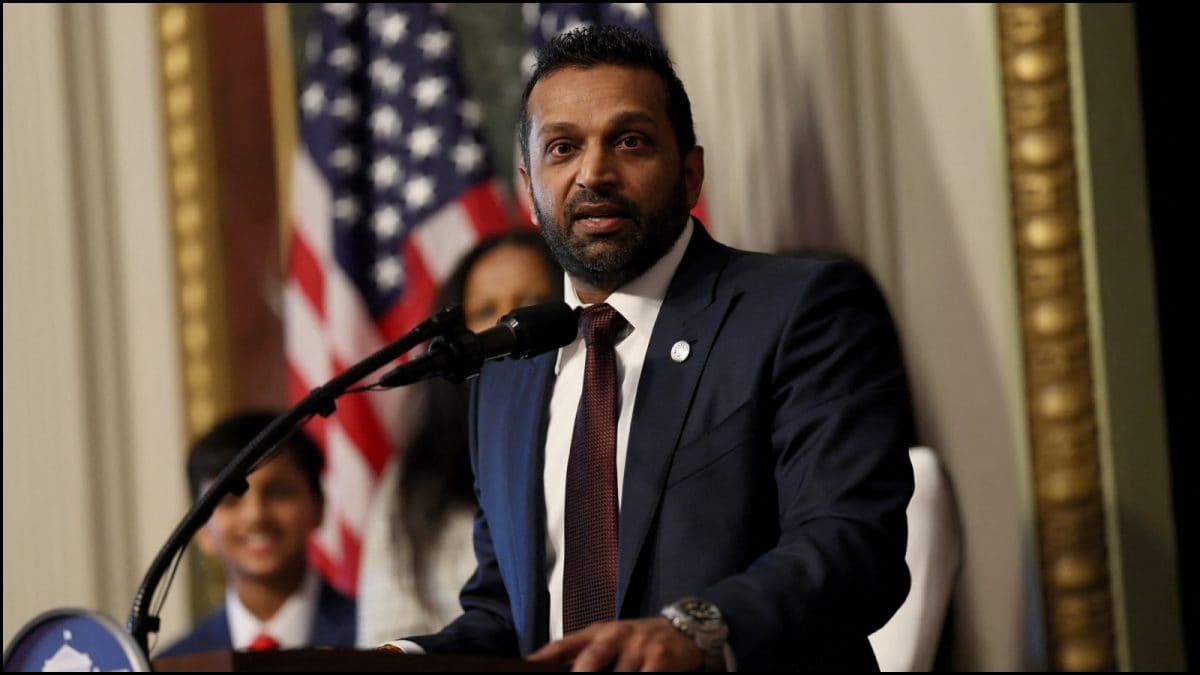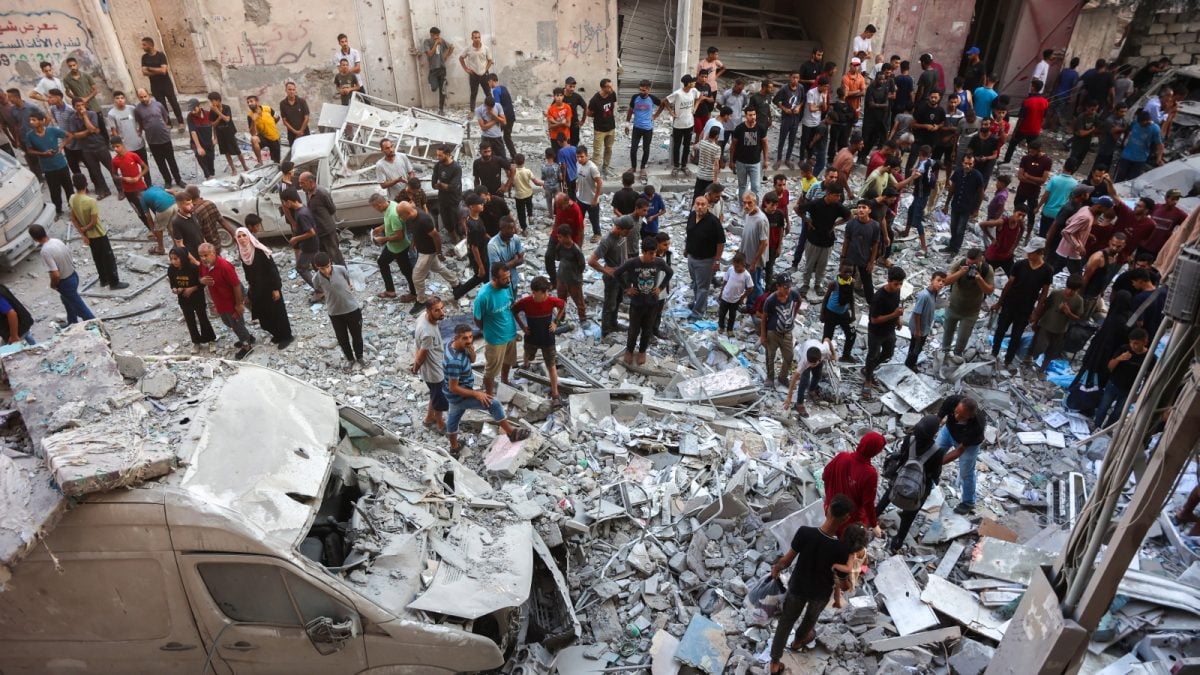Last Updated:July 27, 2025, 20:02 IST
Top intelligence sources said: “The use of traditional cultural symbols as props for a mock terrorist show highlights the state's view of an entire ethnic group."

Universities in Pakistan are becoming breeding grounds for radicalisation, with campaigns indirectly encouraging students to adopt extremist state-sponsored ideologies, said sources. (AP File)
A recent seminar at the University of Karachi, where participants dressed in traditional Pashtun attire and carried weapons in a stage performance, thus inaccurately portraying them as terrorists, has led to outrage across Pakistan’s academic and civil society circles.
The display, deemed culturally insensitive, reinforced long-standing state propaganda by associating Pashtun identity with extremism.
Top intelligence sources criticised the University of Karachi for promoting dangerous views under the guise of national security narratives. “The use of traditional cultural symbols as props for a mock terrorist show highlights the state’s view of an entire ethnic group, especially at a time when Pashtuns face ongoing discrimination and suspicion," they said.
This event has not only undermined the credibility of a major educational institution but also demonstrates how educational institutions in Pakistan are being utilised for ideological conflicts, they added.
Universities in Pakistan are becoming breeding grounds for radicalisation, with campaigns indirectly encouraging students to adopt extremist state-sponsored ideologies, said sources.
Pakistan & Pashtun
News18 had earlier reported how the historical resentment over the merger fuelled has political instability in Khyber Pakhtunkhwa for decades. Today, several separatist and militant movements continue to challenge the Pakistani government’s control over the region.
Pashtun Tahafuz Movement (PTM) emerged as a significant non-violent movement advocating for the rights of Pashtuns. The PTM accused the Pakistani military and government of treating Pashtuns as second-class citizens and called for the formation of a ‘Greater Pashtunistan’ by uniting Pashtun territories in Pakistan and Afghanistan.
Tehreek-e-Taliban Pakistan (TTP), the largest Islamic militant group in Pakistan, remains highly active in Khyber Pakhtunkhwa and the adjoining tribal areas. The TTP seeks to overthrow the Pakistani government and establish Sharia law. The group intensified its attacks on military and government targets, especially after the resurgence of the Taliban in Afghanistan.
Baloch separatist groups have also found common ground with Pashtun rebels, forming alliances to resist Pakistani military operations. The longstanding grievances of both the Baloch and Pashtun communities reflect the broader discontent that stems from the political decisions made at the time of Partition.
With Agency Inputs
Group Editor, Investigations & Security Affairs, Network18
Group Editor, Investigations & Security Affairs, Network18
News world Pashtun Attire & Weapons: Why Karachi University Students’ Performance Sparked Outrage | Exclusive
Disclaimer: Comments reflect users’ views, not News18’s. Please keep discussions respectful and constructive. Abusive, defamatory, or illegal comments will be removed. News18 may disable any comment at its discretion. By posting, you agree to our Terms of Use and Privacy Policy.

 1 month ago
1 month ago


















